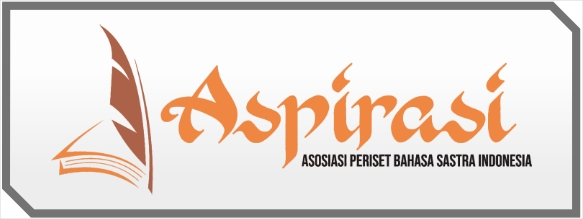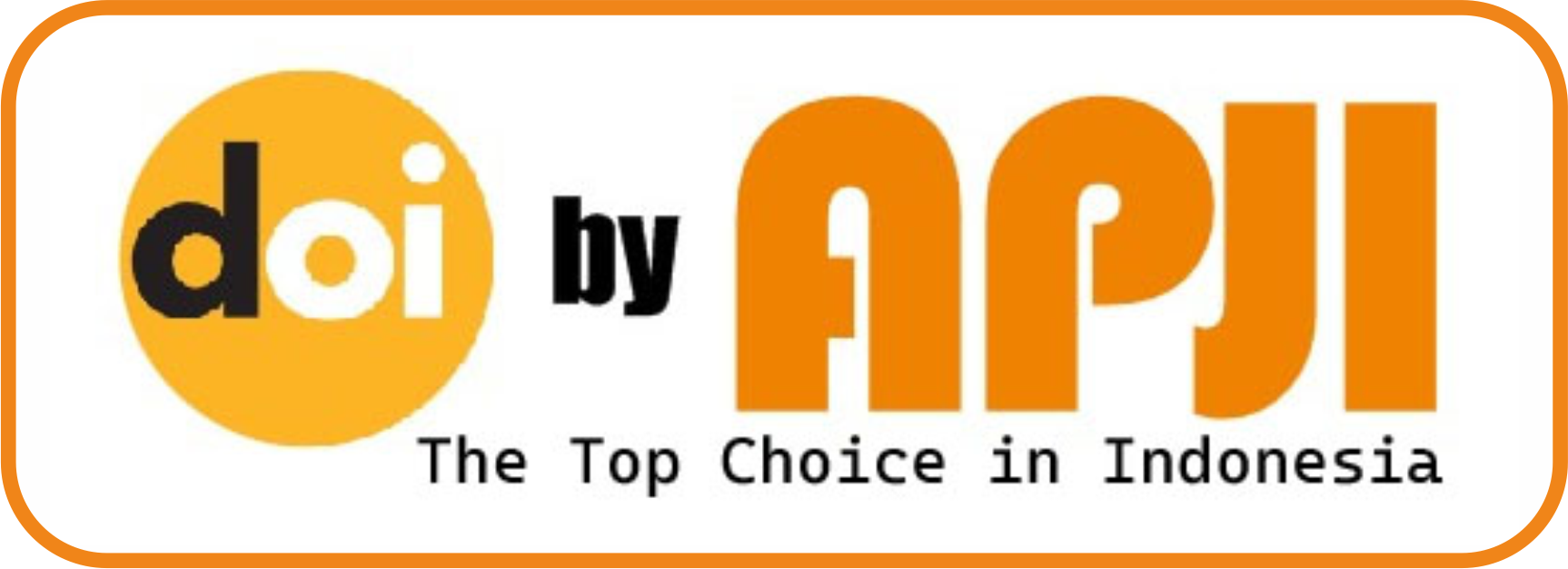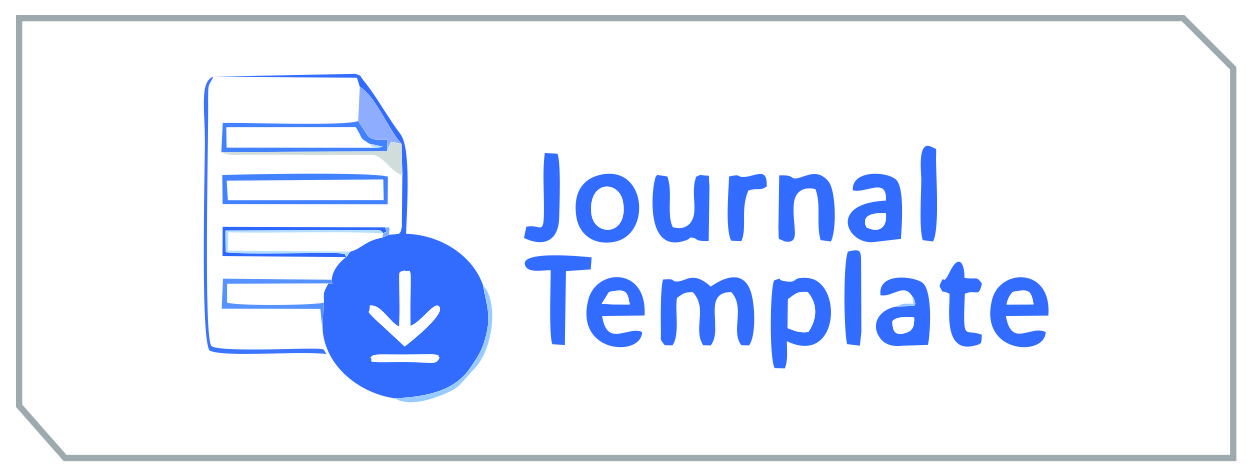ANALYSIS OF LIBRARY ORGANIZATIONAL CAPABILITIES
DOI:
https://doi.org/10.55606/ijel.v1i3.46Keywords:
organizational Capability, libraryAbstract
Organizational capabilities are essential for library performance. This article aims to build and determine the organizational capabilities of the library. The research method is descriptive. Data were analyzed qualitatively. The results showed that the organizational Capability for increasing library performance was not optimal. Organizational capabilities are not by library programs, so library performance is not maximized.
References
Al Youha, H. Y., & Randeree, K. (2008, April). Organizational Excellence and Corporate Performance Management: Strategic Performance Management Systems in Government Organizations. In The 17th International Conference on Management of Technology: Creating and Managing a Knowledge Economy.
Andrews, R., Beynon, M. J., & McDermott, A. M. (2016). Organizational Capability in the public sector: A configurational approach. Journal of Public Administration Research and Theory, 26(2), 239-258.
Barney, J. B., & Peteraf, M. A. (2014). Comment on Hashai and Buckley: Transactions costs, capabilities, and corporate advantage considerations in theories of the multinational enterprise. Global Strategy Journal, 4(1), 70-73.
Bogdan, R., Biklen, S., Creswell, J., Creswell, J., Lincoln, Y., Guba, E., & Lichtman, M. (2011). Qualitative research approaches. LICHTMAN, M. Understanding and evaluating qualitative educational research. London: SAGE Publications.
Cania, L., Korsita, A. D. B., Nexhipi, O., & Hoda, H. (2016). The impact of employees training on the organization's performance-case study in Albania. Specialty Journal of Psychology and Management, 2(2), 68-75.
Dhir, S., & Dhir, S. (2018). Organizational Capability and performance improvement: A study of e-commerce firms in Indian context. International Journal of Global Business and Competitiveness, 13(1), 35-51.
Fernández-Mesa, A., Alegre-Vidal, J., & Chiva-Gómez, R. (2012). Orientación emprendedora, capacidad de aprendizaje organizativo y desempeño innovador. Journal of technology management & innovation, 7(2), 157-170.
Hindasah, L., & Nuryakin, N. (2020). The relationship between organizational Capability, organizational learning and financial performance. The Journal of Asian Finance, Economics and Business, 7(8), 625-633.
Koontz, T. M., Gupta, D., Mudliar, P., & Ranjan, P. (2015). Adaptive institutions in social-ecological systems governance: A synthesis framework. Environmental Science & Policy, 53, 139-151.
Leonard‐Barton, D. (1992). Core capabilities and core rigidities: A paradox in managing new product development. Strategic management journal, 13(S1), 111-125.
Starkey, L., Sylvester, A., & Johnstone, D. (2017). Negotiating digital divides: Perspectives from the New Zealand schooling system. Journal of Research on Technology in Education, 49(1-2), 31-42.
Teece, D. J. (2007). Explicating dynamic capabilities: the nature and microfoundations of (sustainable) enterprise performance. Strategic management journal, 28(13), 1319-1350.
Teece, D. J. (2017). Dynamic capabilities and (digital) platform lifecycles. In Entrepreneurship, innovation, and platforms. Emerald Publishing Limited.
Teece, D. J. (2019). A capability theory of the firm: an economics and (strategic) management perspective. New Zealand Economic Papers, 53(1), 1-43.
Wang, C. Y., & Kuo, M. F. (2017). Strategic styles and organizational Capability in crisis response in local government. Administration & Society, 49(6), 798-826.
Wang, X., & Zeng, Y. (2017). Organizational capability model: Toward improving organizational performance. Journal of Integrated Design and Process Science, 21(1), 5-24.
Whitley, R. (2007). Business systems and organizational capabilities: The institutional structuring of competitive competences. Oxford University Press.
Zehir, C., Karaboğa, T., & Başar, D. (2020). The transformation of human resource management and its impact on overall business performance: big data analytics and AI technologies in strategic HRM. In Digital business strategies in blockchain ecosystems (pp. 265-279). Springer, Cham.



















